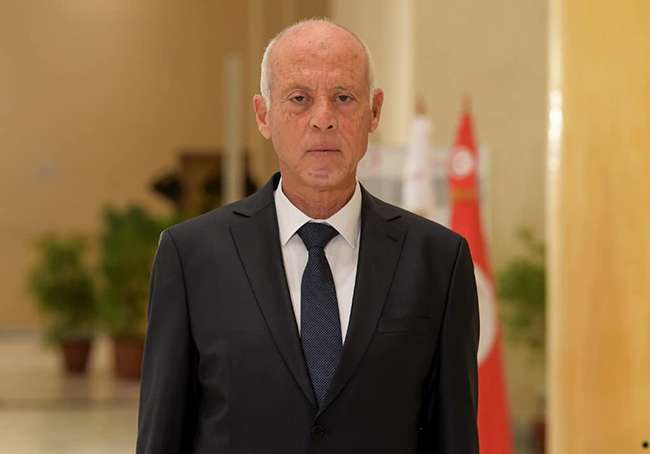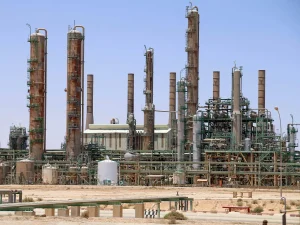Tunisian Leader Seeks Central Bank Funding

Tunisia's president Kais Saied
In a move that could prove detrimental to Tunisia’s macroeconomic stability, President Kais Saied is heading toward involving the country’s Central Bank in the struggling economy.
On September 8, Saied stated that the country “must” revisit a 2016 law that prohibits the Central Bank from purchasing state bonds, Reuters reports.
Revoking the law would undermine the central bank’s independence, as it would entail increased state intervention in the economy. Additionally, this measure could result in higher inflation rates, as it would impact the country’s reserves, potentially leading to currency devaluation.
Experts caution that utilizing the central bank to inject liquidity into the economy, a measure commonly referred to as Quantitative Easing (QE), may create a state of artificial economic boom.
A combination of political instability, high unemployment, and escalating external debt is causing the country’s economy to struggle to stay afloat.
Talks on an IMF loan worth $1.9 billion have made no progress since a preliminary deal was reached in October. Saied has declared his refusal to accept “diktats” from the IMF, citing concerns that the proposed reforms would lead to protests.
Tunisia’s president’s concerns are not entirely unfounded, as a substantial body of evidence suggests that reducing public spending on education, health, and subsidies, known as austerity measures, – IMF’s prime solution to lowering public debt – inevitably leads to social unrest.
READ: Tunisia, Libya deal to launch trade corridor
Want to chase the pulse of North Africa?
Subscribe to receive our FREE weekly PDF magazine













